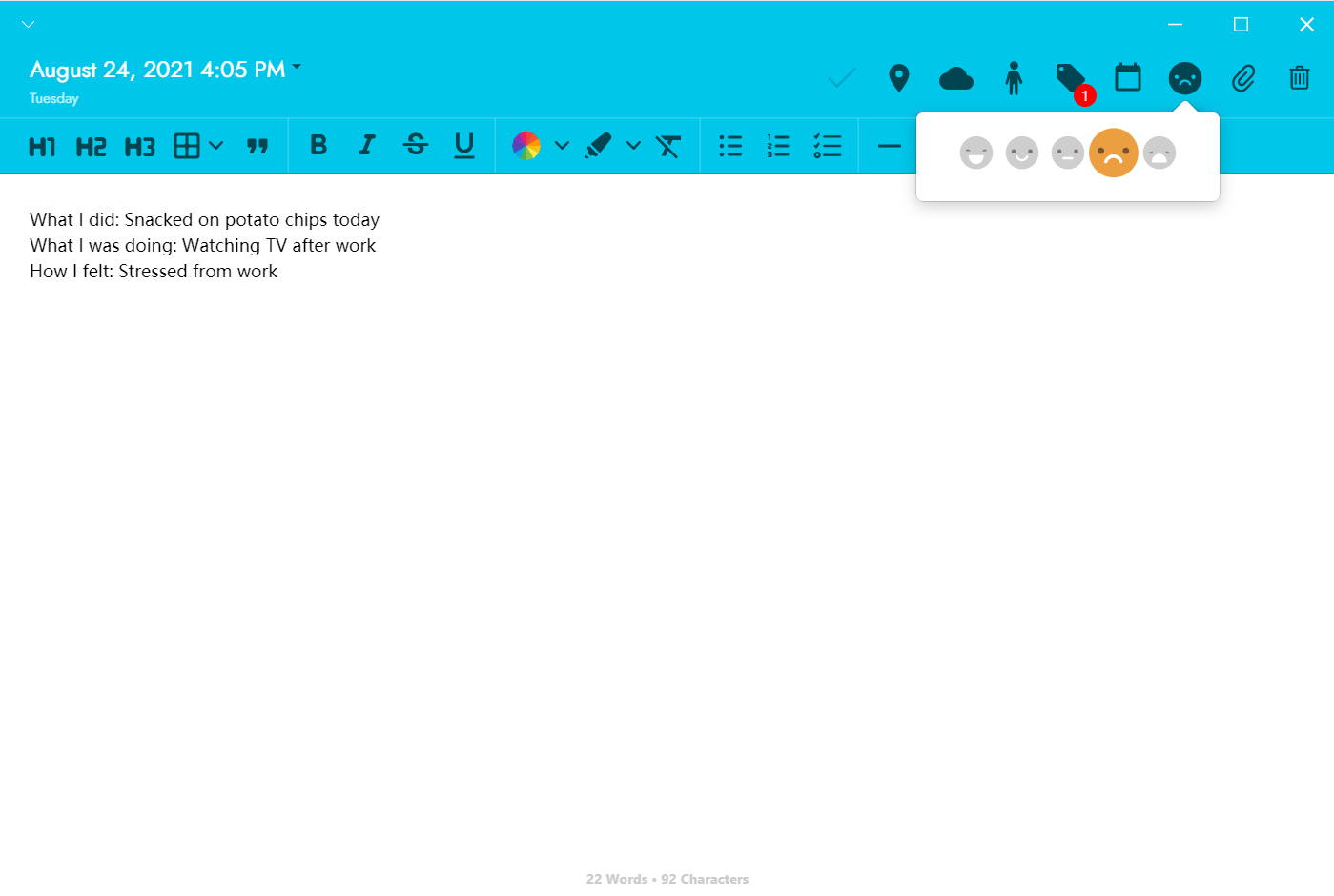5 Ways to Manage Anger in a Healthy Way
It is only human to be overwhelmed with anger. But it is crucial we channel it positively and productively. Here’s a little insight into how you can make sense of your anger and manage it.

We have all experienced anger to different degrees, from the momentary irritation to incredible rage. Anger is one of the many emotions that we feel with ourselves, with the people around us, or with situations we have no control in. It is even considered healthy to experience anger from time to time; you can look at it as an indicator of our ever-present sensitivity and humanity.
However, it is crucial that we understand how to manage this negative emotion in a positive way. Anger management is important in being able function productively through this emotional imbalances. Anger that is not understood and managed can not only take a toll on your emotional health, but also affect your interpersonal relationships, work, and even your physical health.
Understanding your triggers, figuring out what calms you down, and picking out methods that you can use to process anger can take some time. But it will be worth it when you do not find yourself incapacitated by this emotion. Here are some ways in which you can work through anger!

Photo by Usman Yousaf on Unsplash
What is anger?
Anger is an intense emotion that can arise because of multiple reasons. Some of these include perceiving threat or hurt, feeling someone has wronged you, sensing a loss of control in a situation. Physically, it can cause a rush of adrenaline, your heart rate and blood pressure to rise, and cause your body to feel tensed. Emotionally and mentally, you may find it difficult to think clearly and coherently, and you may find yourself lashing out at the people around you.
5 Ways to Manage Anger in Healthy Ways
1. Step out for a breather
If you are finding it difficult to gain clarity or to work through your thoughts, consider getting out to get some fresh air. Taking a walk and giving yourself a change in environment can help clear up your head. Any sort of physical activity can help with pumping some endorphins and reducing stress levels. Taking a stroll may not seem like much, but a change in your immediate surroundings that could possibly be the reason for your anger will ease your mind.
Engage in any physical activities that you may find enjoyable. These need not be rigorous. You will be surprised at how much a 15min brisk walk could help you clear your mind and heart! This ultimately functions as a personal timeout that allows you a few moments of quiet “you” time to recalibrate.
When considering engaging in relaxing activities to put a halt to anger, you can also put on your favorite music to help regulate negative emotions and enhance positive emotions instead. It may not be apparent, but the power of music can extend to your emotional and mental well-being.
2. Identify your triggers and the warning signs
With the acceptance that feeling angry from time to time is only natural and healthy, you can start to effectively use every episode of anger as a lesson. It gives you the opportunity to understand how and why you feel this way.
Anger is elicited from many things and factors. It could be situations, the people around you, or even your own expectations and introspection. Taking the time to figure out what caused you feel this way will make it easier for you to identify and understand possible trigger points or warning signs in the future.
With this “head-start” of sorts, you will feel better prepared and equipped to manage future bouts with anger.
3. Journal about what makes you angry
If you have a good understanding of your possible triggers, you can consider journaling and actively penning down these triggers and the thoughts it stirs to manage this emotion better.
Channeling some energy into journaling prevents you from acting on your anger further, for a start. Journaling about negative emotions also often brings to light that it is a secondary emotion that comes after other feelings such as abandonment, guilt, disappointment, or jealousy. Writing allows you to dig deep and identify root causes of anger.

Photo by Hannah Olinger on Unsplash
If you are looking to journal to help you through these emotions, there is no better place than Journey for that. Journey offers many tools and aids that will guide you through keeping track of your emotional health. For instance, this digital diary app offers tools such as a mood indicator for you to record how you're feeling. Using 1 to 5 emojis, you can indicate how you felt in the day.

If you're on the move, Journey's cloud sync feature allows you to journal from anywhere, anytime. You need not worry about not being able to create journal entries from different places or devices whenever you feel the need to pen down your frustrations, trigger point or possible warning signs that come to mind.

4. Speak to someone you love about it
If you are finding it difficult to process anger yourself, consider processing it with someone you know. Turning to another person, be it a parent, a friend or any loved one who knows you well can give you an alternative perspective of the situation you are facing and be able to provide unbiased and objective advice.
Talking to someone we are comfortable with about anger and similar negative emotions gives us the chance to be open and honest. You may come to realizations about how you arrived at this point, that were not apparent to you initially, through open conversation. Your loved one would be able to piece together your messy thoughts and you would be able to form a coherent understanding of your anger from the point it started to surface until the point of resolution.

Photo by Priscilla Du Preez on Unsplash
5. Express yourself assertively, not aggressively
Oftentimes when we are angry, we act or speak in harsh and irrational ways. We do not think through our words and actions, and the people around us can get involved and affected as well. This is a result of anger clouding our judgement and not allowing us to think objectively
After taking a breather, spending time journaling, speaking to a loved one, or taking time out on your own to make sense of your anger, you can work on express frustration in assertive but nonconfrontational ways. This includes vocalizing what or where you think the anger is coming from, why it made you feel as such, and what you can do moving forward.
Using statements that begin with “I”, “I will”, “I feel”, or “I am” to explain the problem at hand makes your concerns clear to the people around you and to yourself. It also prevents you from shifting blame onto other people or factors that are not in your control. It focuses on the role you have in managing anger and how you can move forward.
In a nutshell,
Negative emotions like anger are indeed human, instinctive, and natural. It is healthy to experience positive and negative emotions in balance. But when they get too overwhelming and you start feeling incapacitated by them, it is key that we take the time and energy to figure out the how’s, what’s and why’s of their root causes and possible resolutions.
Anger uncontrolled can take a toll on you and the people around you. But you are fully capable of being in control of negative emotions, instead of letting it take over and cause you to act or speak in a rash manner. The energy invested in anger management will prove to be worth it in the long run!


